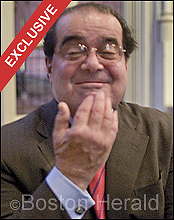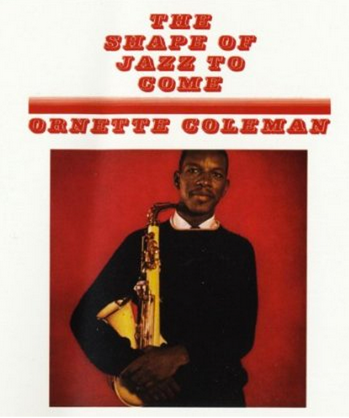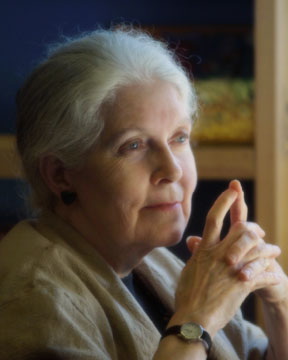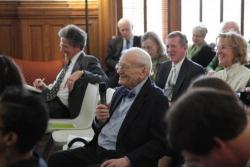R.I.P. Antonin Scalia
 Antonin Scalia died this weekend at the age of 79. The impact of his life and death has already been widely discussed: see e.g. "The Death of Justice Scalia: Reactions and Analysis", NYT; Rick Hasen, "Justice Scalia’s Death and Implications for the 2016 Election, the Supreme Court and the Nation", Election Law Blog 2/13/2016; Ross Douthat, "Antonin Scalia, Conservative Legal Giant", NYT 2/13/2016; Nolan McCaskill, "The 11 most memorable Scalia quotes", Politico 2/14/2016; etc.
Antonin Scalia died this weekend at the age of 79. The impact of his life and death has already been widely discussed: see e.g. "The Death of Justice Scalia: Reactions and Analysis", NYT; Rick Hasen, "Justice Scalia’s Death and Implications for the 2016 Election, the Supreme Court and the Nation", Election Law Blog 2/13/2016; Ross Douthat, "Antonin Scalia, Conservative Legal Giant", NYT 2/13/2016; Nolan McCaskill, "The 11 most memorable Scalia quotes", Politico 2/14/2016; etc.
Here at Language Log, we've had multiple occasions over the years to discuss Justice Scalia's theories of linguistic interpretation in general, his opinions about usage, and a few of his own usages:
"Scalia on the meaning of meaning", 10/29/2005
"Is marriage similar or identical to itself?", 11/2/2005
"A result that no sensible person could have intended", 12/8/2005
"Everything is too appropriate these days", 4/5/2006
"Scalia's 'buddy-buddy' contractions", 5/12/2008
"The meaning of meaning: Fish v. Scalia", 1/4/2011
"Justice Breyer, Professor Austin, and the Meaning of 'Any'", 7/6/2011
"Scalia and Garner on legal interpretation", 7/17/2012
"Scalia's argle-bargle", 6/27/2013
"What did Justice Scalia mean?", 10/7/2013
"Antonin and Beppe", 3/4/2014
My personal favorites among Scalia's opinions are his dissent in Smith v. United States (91-8674) and his concurrent opinion in California Division of Labor Standards Enforcement v. Dillingham Construction (95-789), which brilliantly apply and simultaneously subvert his textualist theory of legal interpretation; and his response to those who questioned his impartiality.




